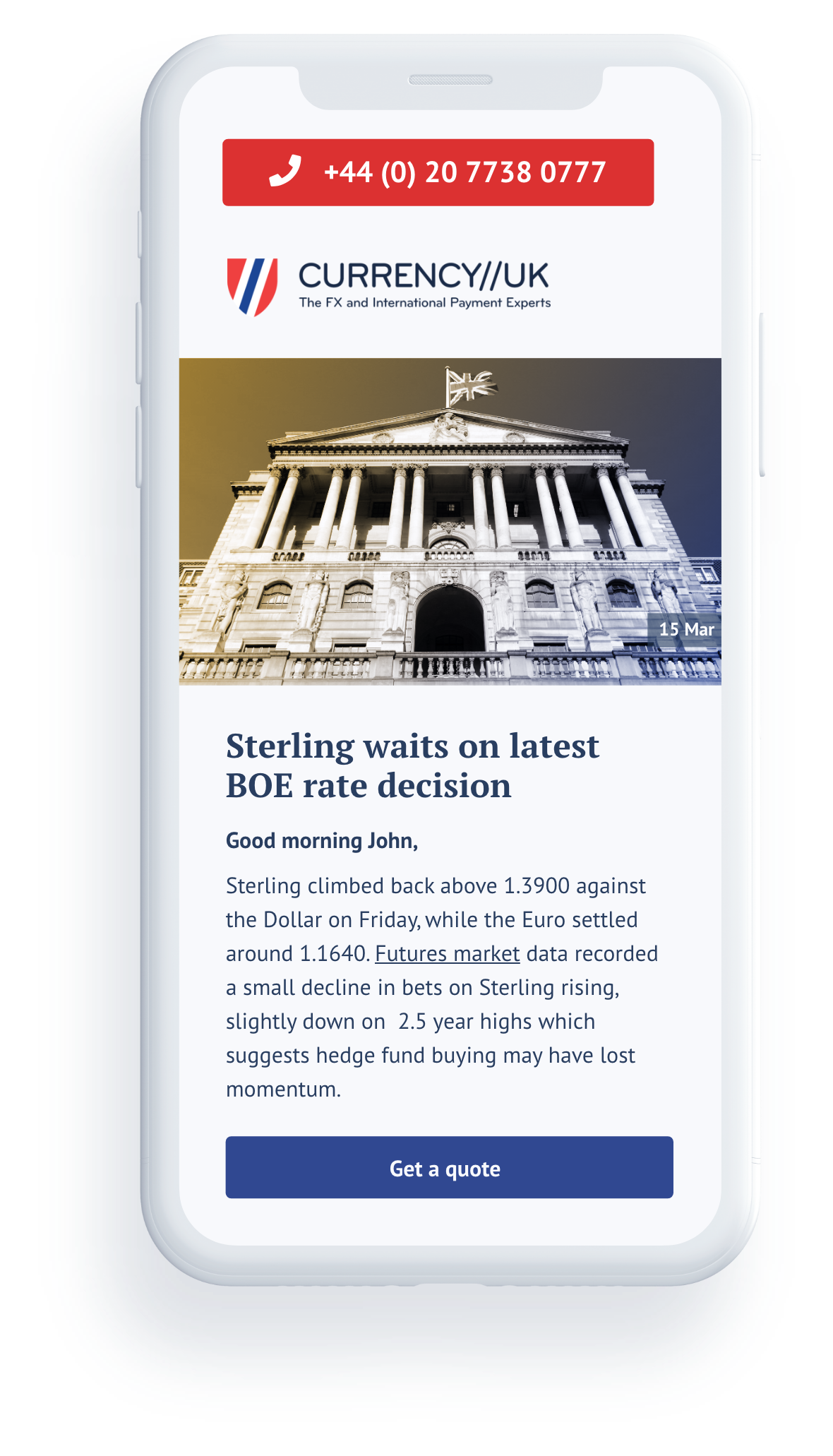Has Covid masked the true impact of Brexit?

During the referendum campaign, the Remain camp made much of the potential negative economic impacts Brexit could have on the UK due to increased red tape when trading with the EU, the UK’s largest trading partner. Now that the UK has fully left the EU and the transition period has ended as of 1 January 2021, the economic impacts are beginning to be felt. However, there is one huge complicating factor: the COVID-19 pandemic. The impact of the pandemic even before the transition period ended has made measuring Brexit’s impact very difficult on a macro scale. That said, there have been some clear impacts in specific industries.
Labour shortages
There have been reports of labour shortages across a range of industries resulting from the end of free movement. COVID-19 has certainly also had an impact on this, preventing or discouraging travel for many potential migrant workers. There have been similar impacts from COVID-19 in other countries that make use of significant migrant labourers, so it is particularly unclear what impact Brexit has had.
It has been suggested that some sectors may have to increase wages for these workers due to there no longer being an abundance of cheap labour available. This includes the care sector and seasonal fruit picking work, which has already been significantly impacted.
Goods
After a period of stockpiling in December, there was a sharp drop in trade from the EU in January. Some of the lost ground has been regained in subsequent months, but they have not returned to previous levels. The Office for National Statistics measured UK exports down 5 per cent in April 2021 when compared to December 2020, while the EU’s Eurostat measured it 24 per cent over the same period. Imports from the EU to the UK were down 19 per cent according to the ONS, and 13 per cent down according to Eurostat.
The long-term consideration here is not just about the trade figures at face value, but the increased red tape impacting supply chains and making the UK a less attractive place to invest, negatively impacting the economy. That said, now that the element of uncertainty has been removed and the trade deal finalised, investors may have more confidence in the short term or at least more than they have had since the referendum.
Benefits
The potential negative impacts are hard to measure, but the benefits have always been of a more esoteric, long-term, and values-based nature. One ostensible benefit that can be seen is also tied into COVID-19: the vaccine rollout. While the EU struggled to get their vaccination drive started earlier this year, the UK managed to lead the world in vaccination without being encumbered by disputes with other nations of the bloc. Other opportunities to act with more agility outside the bloc may arise in future situations, but these are as unpredictable as the pandemic is and continues to be.
Currency markets
From a currency perspective, it is difficult to know what would have happened in a covid free world. Would a Biden-led US have resulted in a drop-off in the dollar in 2021? Would a post-Brexit UK have struggled compared to its European counterparts hampering the pound?
Ultimately it’s impossible to know how the currency markets would have behaved rather than the global economy struggling to cope with the pandemic. In both Covid and Currency terms, we still don’t really know what’s on the horizon and what this winter could bring in terms of the virus and new variants. Ultimately the most important thing is to ensure you and your business are protected when it comes to currency and your risk exposure.

